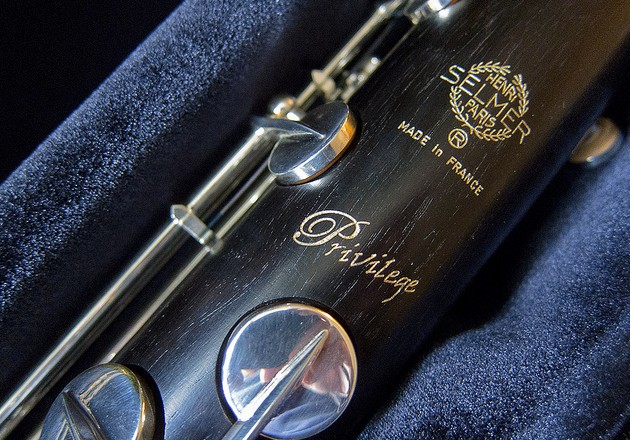Tag: Nice
-

Privilege: The Other “P” Word
Yesterday I said, “Be nice.” Perhaps encouraging nicety is not the right approach. Perhaps to say “be nice” is too simplistic, and worse, reads very much like, “Hush now, your problems are not important,” or, “You are making me uncomfortable with your anger,” or “There really isn’t that much to be angry about, so can’t you […]
-

Be Nice, Pagans. Be Nice Polytheists. Be Nice.
I had occasion to speak to a very nice, young man last week about online etiquette. For me, what it boils down to is this: Be nice. It may seem simplistic, or perhaps reductive to some. But, I think it’s a good rule. Be nice when you talk to people, whether you know them or […]

